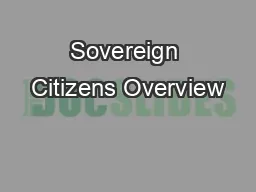PPT-An overview of new General
Author : holly | Published Date : 2022-06-18
Education framework for RIT undergraduate students Agenda Why the change What changed Requirements of the new GE Curriculum Framework The only education that prepares
Presentation Embed Code
Download Presentation
Download Presentation The PPT/PDF document "An overview of new General" is the property of its rightful owner. Permission is granted to download and print the materials on this website for personal, non-commercial use only, and to display it on your personal computer provided you do not modify the materials and that you retain all copyright notices contained in the materials. By downloading content from our website, you accept the terms of this agreement.
An overview of new General: Transcript
Download Rules Of Document
"An overview of new General"The content belongs to its owner. You may download and print it for personal use, without modification, and keep all copyright notices. By downloading, you agree to these terms.
Related Documents














